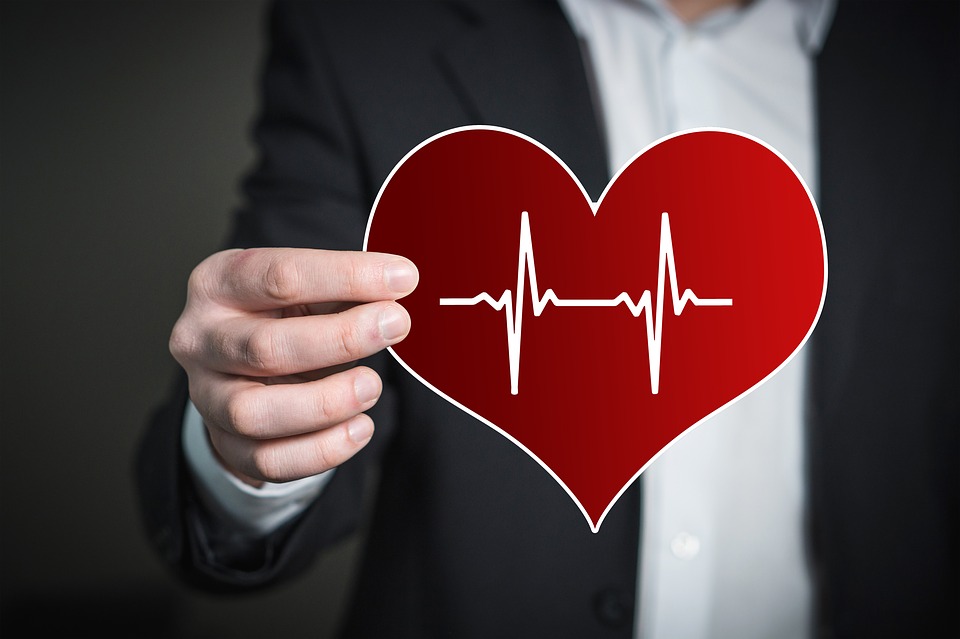
The medical profession is in the midst of a technological revolution. Doctors are using technology to provide care for patients who are too sick to visit the hospital. Electronic health records make it easier for doctors to get vital information about your medical history. Doctors are using remote monitoring tools to give doctors a real-time view of patients with chronic illnesses. Wearable technology allows users to take an active role in their health. Genome sequencing gives insight into possible genetic components of illnesses. The way we practice medicine is changing and will continue to change as new technologies emerge that have never been seen before.
Dr Ryan Shelton feels that the future medical office will have no reception desk because patients will check in at a kiosk. Physicians, nurses, and other medical staff will be equipped with wearable devices that allow them to monitor their vital signs constantly. Patients can ask doctors questions through a video chat service, which means that a doctor can diagnose even if the patient is in another city or country.
This article discusses how these changes are occurring and how they will affect you as a patient or doctor in America today.
Telehealth / Telemedicine
Doctors are using technology to provide care for patients who are too sick to visit the hospital. This is called telehealth or telemedicine. Dr Ryan Shelton feels that Telehealth is one of the most important advances today because technology is making it so there are no geographical barriers when providing healthcare, allowing doctors to work with patients in remote areas. Doctors can also consult with specialists located in other countries who offer their expertise in a particular field of medicine. A new facility in New York City is set up for this, with an area where doctors can work remotely with patients via video screen to discuss their unfortunate situation and identify ways that they can be helped.
EHR (Electronic Health Records)
Electronic health records make it easier for doctors to get information about your medical history, making them more knowledgeable about your condition and treatment needs. Healthcare professionals can't provide the best care to patients without knowing all the details of a patient's health, especially when multiple providers are involved in a patient's care. Electronic health records also help hospitals monitor their services and how they're moving through the system. Some hospitals have been able to reduce their readmissions rate by as much as 5% since 2013. This saves hospitals time and money because they don't have to constantly recheck patients' records, which saves them time and money.
Remote Monitoring Tools
Remote monitoring tools give doctors a real-time view of the situation for patients with chronic illnesses. Dr. Ryan Shelton believes that remote monitoring is important because it allows doctors to monitor how certain medications affect their condition and respond to any changes in symptoms quickly. Patients can also use these tools on their own if they don't want to go to the hospital or there's a delay or relocation.
Wearable Technology
Wearable technology gives users an active role in their health. It can serve as a meaningful way for people who find it hard to be active and healthy, such as the elderly and those with chronic illnesses, to become more aware of their everyday activities. GPS systems that track your location and calories burned also provide insight into your activities, encouraging you to live a healthier life.
Genome Sequencing
Genome sequencing gives insight into possible genetic components of illnesses. It's a fairly new technology that doctors are using. The DNA that is found in human cells are called genomes and are made up of genes. Genes are the sequences of DNA that give information about an individual's traits. Depending on the genetic makeup, it tells them if someone is more prone to having a certain illness or not. Doctors want to use this information to screen patients who might suffer from genetic conditions to be dealt with before they have any trouble at all.
Final Thoughts
Technology is changing the way we practice medicine, and in some cases, technology has helped doctors provide better care to patients. Electronic Health Records (EHR) help hospitals monitor their services and how they're moving through the system to remote monitoring tools for chronic illness sufferers. Doctors are using wearable technology for those who find it hard to be active or healthy. Genome sequencing provides insight into possible genetic components of illnesses - there are many ways that new technologies have improved healthcare in America today.
